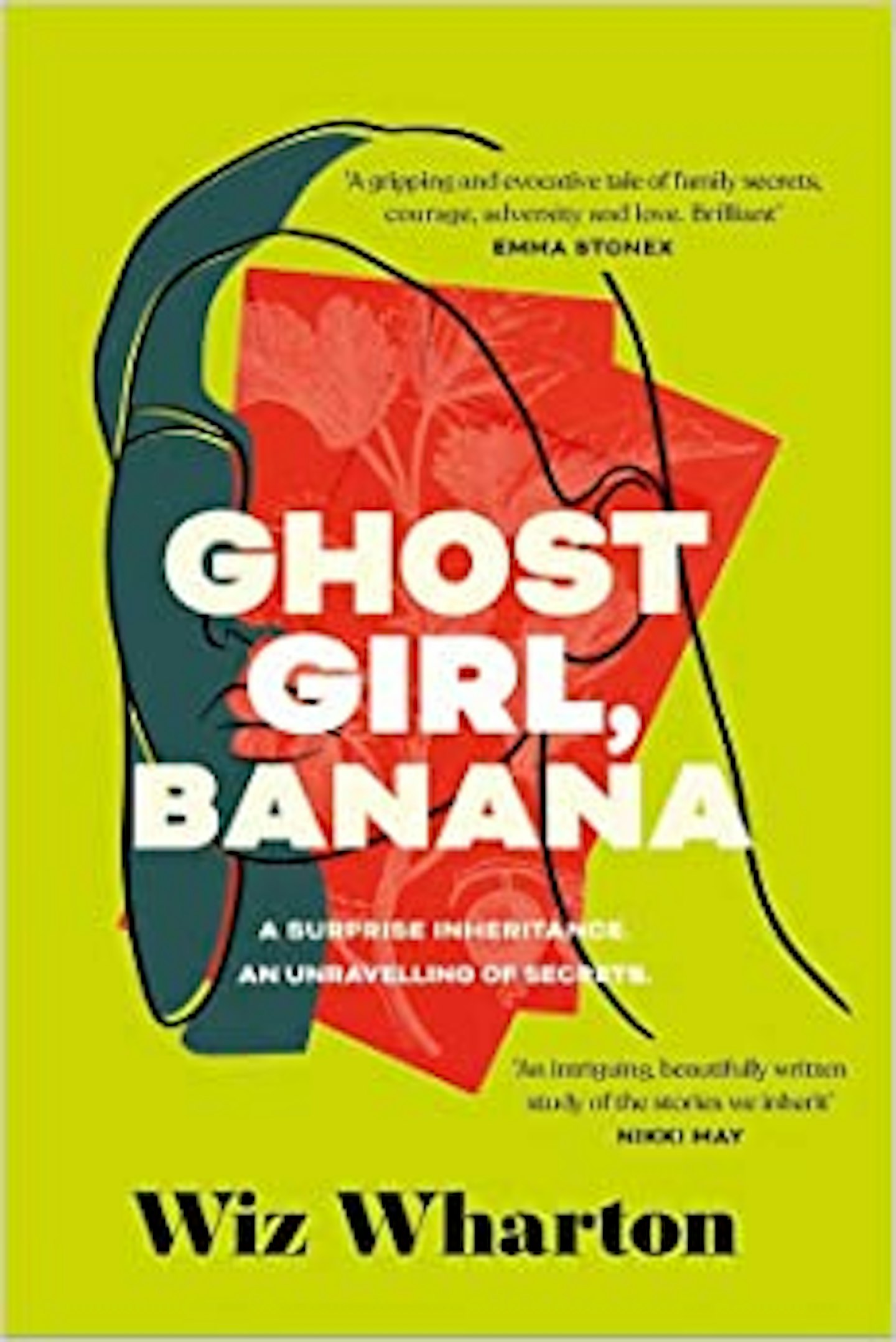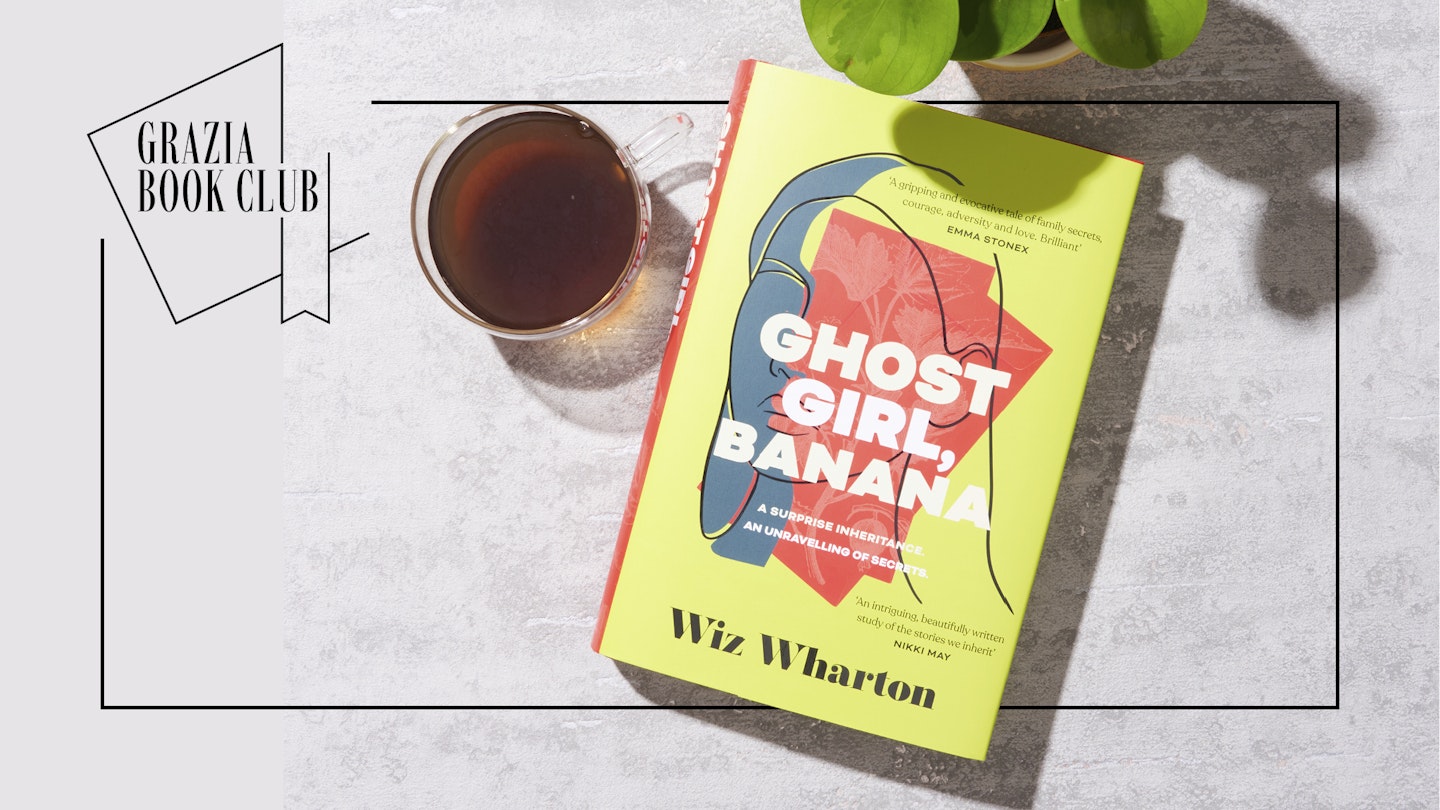Set between the dual timelines of the ‘Chinese Windrush’ in the 1960s, and London in the 1990s, this is the story of Sook-Yin and her daughter Lily, who can barely remember the mother she lost when she was barely five-years-old.
Years later, when Lily receives an unexpected inheritance from a mystery benefactor in Hong Kong, she decides to travel to her mother’s birthplace to find out why – and uncovers the secrets her family have been hiding for so long.
As we hop between timelines, we meet Lily – a funny and musically talented 20-something who, as a biracial child growing up in the shadow of a seemingly perfect sister, never quite seemed to fit in. And Sook-Yin, who leaves Kowloon and arrives in a wet, lonely, and racist Britain in 1966, with the aim of becoming a nurse. With her efforts to be happy and accepted – and to find a sense of belonging – thwarted at every turn, your heart begins to ache for her.
‘She was a trier,’ author Wiz Wharton tells Grazia. ‘It was really important for me to show the mirrors across the generations, and how we seem to have come, and yet how far we have to go.’
The novel came about when Wharton was moving house in 2020: ‘I discovered a box of my late mum’s belongings that had come from her house in Brixton. It contained some floppy discs and on them she had written, “My story”.’
After giving them to her sister, who had a disc reader, Wharton received a phone call. “She told me they were Mum’s diaries, which she had started when she moved from Hong Kong to the UK. My sister said I shouldn't read them because they were so heartbreaking, but I wanted to. When I was growing up, Mum was stoic, as was typical of her generation but also because of the racism she had faced when she first came to the UK. I felt I only knew one side of her, and reading them was my way of getting to know her after she died in 2009.’
So, is the book autobiographical? ‘A lot of my heart is in it, in terms of experiences. I was never left a small fortune in a will, like Lily, unfortunately! But in terms of my mum’s story, it’s true she moved to the UK, married a British man, and as a biracial family we were targeted for that. And growing up mixed race was very difficult and challenging and a lot of that is in this book. But this isn’t a memoir. I wanted to write something universal about how everybody searches for belonging at some point. It’s a very human need to want to fit in and be loved.'
As the story unfolds, family dynamics play out, secrets are revealed, love is lost and found, in ways that resonate across both timelines.
‘I never thought my mum’s diaries would end up being a novel,' says Wharton. 'But after she passed this was my way of saying, “I hear your story Mum, and I’m going to tell it." Because there must be so many thousands of hidden voices like hers that were never heard.'

Grazia’s Book Club gives its verdict
‘This is a dual timeline novel, including Hong Kong in the 1960s and 70s, that has both texture and richness. The author has a fabulous writing style that is full of enthusiasm and energy, and she brings to life her two main characters, Sook-Yin and Lily, and the former especially glows across the pages.’ Tina
‘I found this so immersive. Every time I picked it up I was sucked back in and I read it standing up on a rush hour tube! I thought both Lily and Sook-Yin were really interesting women, and I was on side with them right away.’ Jane
‘I loved this book . The characters were well drawn, and the pace just right. I love Asian culture, and the scenes set in Hong Kong were so well described that I could hear the sounds, and even smell the food. Ghost Girl, Banana is a great debut and I look forward to reading more from this author.’ Sara
